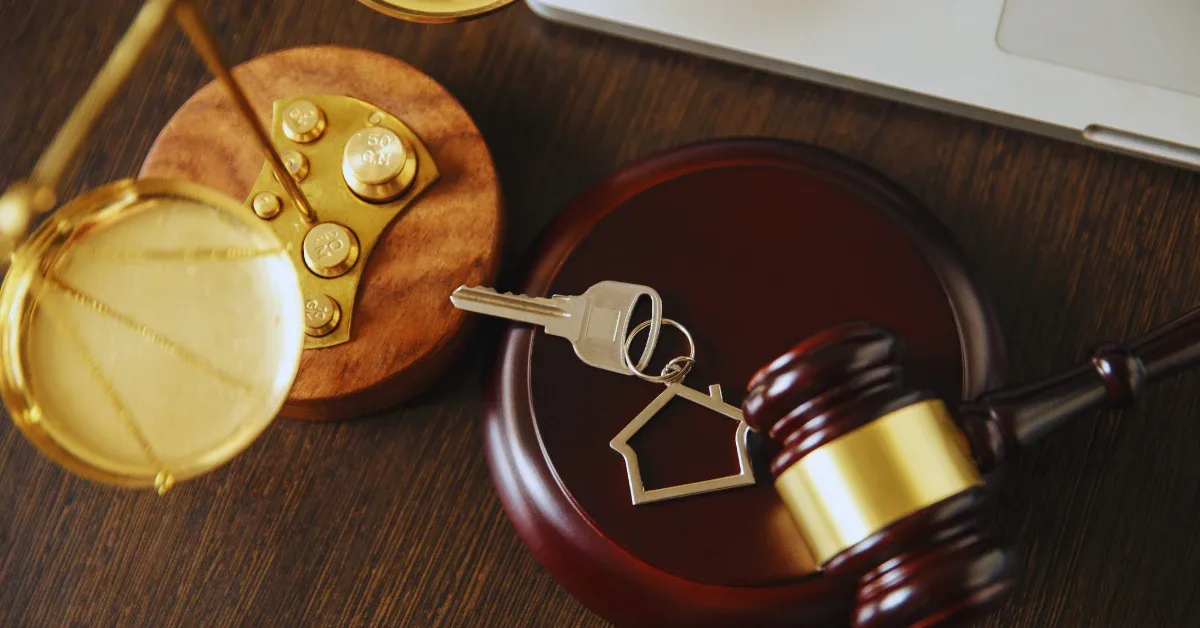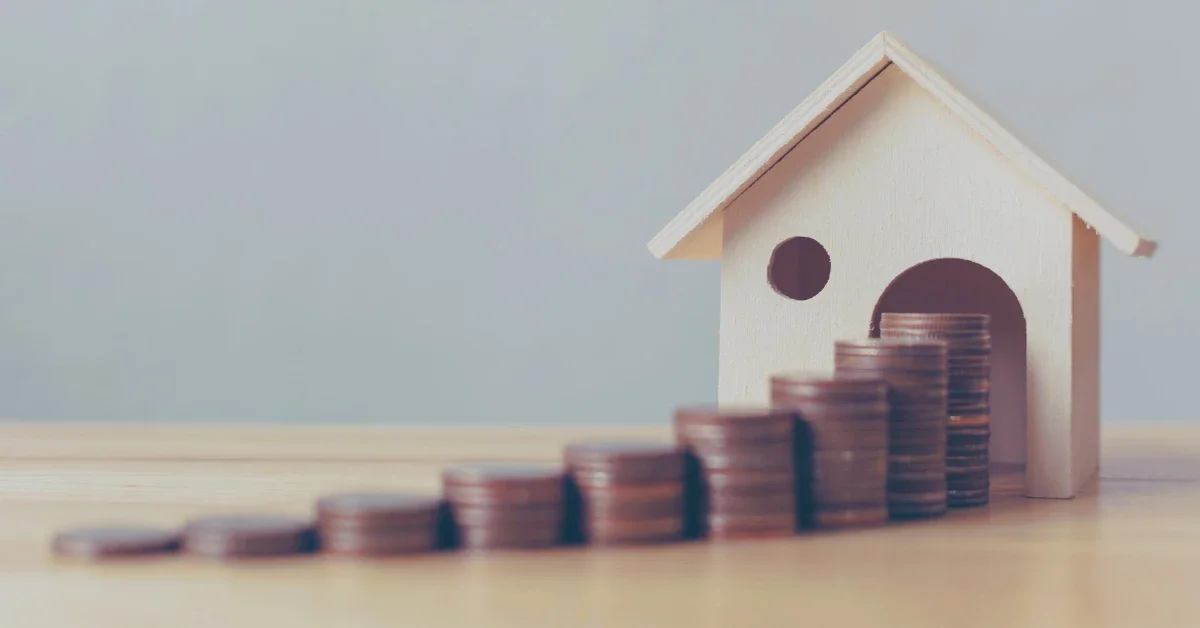A landlord’s responsibilities include providing safe and habitable housing, maintaining the property, handling tenant complaints, screening applicants and managing security deposits. Being a landlord is a significant responsibility, one not to be taken lightly.
In this article, we will detail five key responsibilities every landlord should prioritize to achieve a successful tenancy.
These include providing safe and habitable housing, maintaining the property, handling tenant complaints, screening applicants, and managing security deposits.

Understanding The Basic Responsibilities
Being a landlord comes with a lot of responsibilities. Understanding and adhering to those responsibilities is crucial to maintaining a positive relationship with your tenants.
The following are some basic responsibilities that all landlords should know:
Providing Habitable Living Conditions
Landlords are required by law to provide habitable living conditions for their tenants.
Habitable living conditions include ensuring that the rental property is safe and free from hazardous conditions.
It also includes providing functional electrical, heating, and plumbing systems, and maintaining clean and sanitary common areas.
Here are some key points to keep in mind:
- Regularly inspect the property to ensure habitability and safety.
- Make repairs in a timely manner and keep a record of all maintenance.
- Respond to tenant complaints promptly.
Performing Maintenance And Repairs
Maintaining a rental property is a significant responsibility for landlords. They must schedule repairs and make sure that the rental property is kept in good condition.
Here are some key points to keep in mind:
- Conduct regular inspections to identify any potential issues and address them promptly.
- Keep the property in good condition to retain and attract tenants.
- Ensure all tenant requests for repair are attended to promptly.
Controlling Pests
Landlords are responsible for ensuring that the rental property is free from pests, including rodents and insects. Here are some key points to keep in mind:
- Schedule regular pest control inspections and treatments.
- Address any tenant complaints about pests quickly.
- Maintain cleanliness throughout the property to prevent infestations.
Legal Duties Of A Landlord
As a landlord, it is important to understand your legal responsibilities to ensure you are following the appropriate laws and regulations.

Here are three of the most important legal duties of a landlord:
Disclosure Of Property Condition
It is your responsibility to ensure that your rental property meets all building codes and safety regulations before a tenant moves in.
You must also disclose any known defects or issues with the property, such as lead paint or mould.
This information must be provided in writing to the tenant before they sign the lease.
Abiding By Fair Housing Laws
As a landlord, you must abide by fair housing laws which prohibit discrimination against tenants based on race, gender, religion, national origin, disability, or familial status.
This means you cannot refuse to rent to someone based on any of these factors, nor can you impose different terms or conditions on them.
Returning Security Deposits
At the end of a lease, you are required to return the tenant’s security deposit if the property is left in good condition.
If there are any damages, you may deduct the cost of repairs from the deposit and provide the tenant with an itemized list of deductions.
Financial Responsibilities Of A Landlord
Being a landlord comes with many responsibilities, including financial ones. In this section, we will discuss the various financial duties that landlords have.

Rent Collection And Management:
Rent collection can be a tedious task, but it is the landlord’s responsibility to ensure that they collect rent from their tenants on time.
Additionally, landlords must manage their rental income as they would any other income source.
This involves keeping an accurate record of rent payments, late fees, and maintenance expenses.
- Create a rent collection policy that tenants can refer to regarding due dates, payment methods, and late fees.
- Hire a property management company to handle rent collection and management tasks.
Insurance Coverage And Liability Protection:
As a landlord, it is crucial to have adequate insurance coverage to protect your property and tenants.
Liability insurance provides financial protection if a tenant is injured on the premises or if there is damage to the property.
As a landlord, you should also consider purchasing landlord insurance, which provides additional coverage for rental property-related damages and loss of rental income.
- Purchase liability insurance to protect yourself and your property from potential lawsuits.
- Consider landlord insurance, which provides additional coverage for rental properties.
Property Inspections And Tax Payment:
Landlords must ensure that their properties are safe, clean, and habitable for their tenants.
Regular inspections of the property can help identify any issues that may need to be addressed promptly.
Additionally, landlords need to pay property taxes, which may vary depending on the location and value of the property.
- Conduct regular inspections of the property to identify issues and address them promptly.
- Keep track of property tax payments to avoid penalties and ensure that they are paid on time.
Frequently Asked Questions Of What Are 5 Landlord Responsibilities
What Are A Landlord’S Responsibilities For Repairs?
Landlords are responsible for making sure their properties are safe and habitable for tenants. This includes fixing any maintenance issues that arise.
Do Landlords Have The Responsibility To Provide A Safe Living Environment?
Yes, landlords are legally responsible for providing a safe and healthy environment for their tenants. This includes addressing any health or safety hazards.
What Are A Landlord’S Financial Responsibilities?
Landlords have a financial responsibility to maintain and repair their properties. This includes paying for any necessary repairs, like fixing a broken furnace or leaky faucet.
What Are A Landlord’S Legal Responsibilities?
Landlords have a legal responsibility to follow all state and federal laws regarding rental properties. This includes following fair housing laws, providing tenants with proper notices and disclosures, and maintaining security deposits.
Conclusion
Securing your success as a landlord isn’t solely about collecting rent. It’s about creating safe, legally compliant homes.
By understanding your five core responsibilities, you’re building a foundation for harmonious landlord-tenant relationships.
Reference
https://www.mass.gov/guides/landlord-responsibilities
